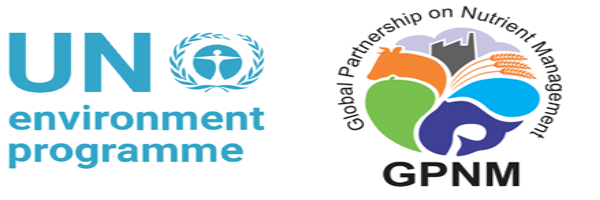Collaborative Approach Proposed for Reducing Nutrient Pollution in US Waterways
posted in Blog categories: Publications by admin
A Collaborative Approach Proposed for Addressing Pressing Problem of Nutrient Overload across Mississippi Basin Communities
On October 2, 2017, at WEFTEC, the largest annual water quality conference in the world, the US Water Alliance, National Association of Clean Water Agencies (NACWA), and the Water Environment Federation (WEF) released a new collaborative approach on how to reduce nutrient pollution in our nation's waterways. Nutrient overload from excess nitrogen and phosphorus in rivers, lakes, bays and coastal waters such as the Gulf of Mexico is a complicated and pressing problem that threatens drinking water quality, economic viability of the fishing industry, and hampers recreation.
There is increasing consensus that a new approach will be needed to achieve the dramatic results necessary to return waterways to healthy nutrient levels. Collaboration across agriculture, utilities, businesses, environmental groups, government, and academia will be necessary to truly make progress towards adopted goals. The paper, Addressing Nutrient Pollution in Our Nation's Waters: The Role of a Statewide Utility presents options for a collaborative approach that would focus on cost-effective, results-driven investments and projects that would truly move the needle on nutrient levels.
"The benefits of freshwater to people and nature are immeasurable, but water quality and quantity issues are among the greatest environmental challenges of this century," said Radhika Fox, CEO of the US Water Alliance. "Addressing the problem of excess nutrients in our nation's waters will require collaboration, resources, and watershed scale approaches. We hope this paper offers actionable ideas for progress."
"Nutrients are by far one of the most challenging issues facing public clean water utilities today," said Adam Krantz, CEO of NACWA. "The concepts discussed in this paper are an important addition to the national discussion on how to address this critical water quality challenge. NACWA is thrilled to partner with the US Water Alliance and WEF on this document to contribute valuable new ideas to the nutrients dialogue and an approach that could have far-reaching watershed benefits."
"Nutrient pollution is one of the most challenging and widespread challenges in our nation's waterways and water professionals are continuously looking for ways to make progress," said Eileen O'Neill, Executive Director of the Water Environment Federation. "It is clearly time to try new approaches to this long-standing problem and WEF is glad to have partnered with our colleagues in the water sector to propose options."
The full paper can be read here.
